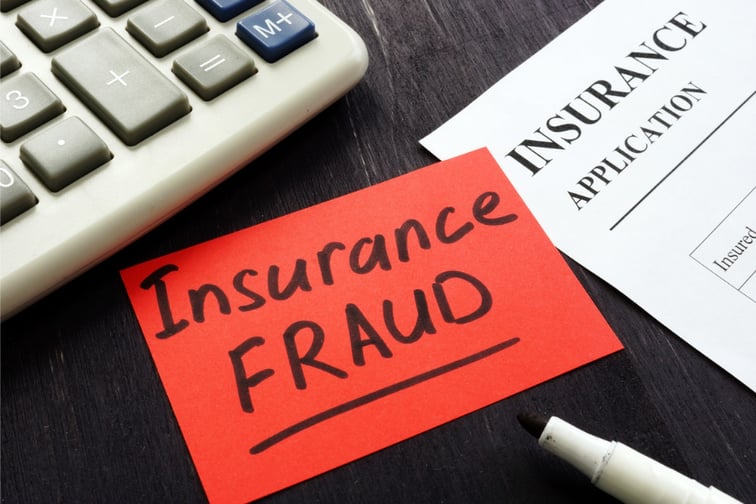

It’s no surprise that insurance fraud saw significant growth during the height of the pandemic, but the latest survey from credit agency TransUnion has revealed that the trend hasn’t gone away since. In fact, the figures have got worse.
The cost-of-living crisis is forcing people to cut expenditure and search for more affordable deals, prompting a rise in people susceptible to cheap but fraudulent insurance. this is highlighting the fact that you need to educate your clients on the basics of insurance claims so that they do not get caught in a scam
From bad-faith claims to fraud schemes, 73% of respondents said they had been targeted by scams in the past three months. At the end of August, Aviva UK reported a 13% increase to more than 11,000 instances of fraudulent claims in 2021.
Translated to daily figures, the collective number is equivalent to 30 fake claims daily, with each claim worth a whopping £336,246.
According to Aviva, 60% of all fraudulent claims are made on motor-related insurance, and 15% of the 20,000 motor policy applications are from “ghost broking” alone. This practice has become a common occurrence in the sector, with scammers masking as insurance intermediaries to purchase insurance policies for victims using false information and cancelling them immediately after.
Other sectors painted a similar picture: fraudulent home insurance claims went up by 45%, property claims by 20%, credit hire and repair claims by 13% and public liability claims by 12%.
The UK’s Financial Conduct Authority (FCA) has warned that financial crime will become “even more prolific” as living costs increase.
“They will adapt to exploit new weaknesses in the financial system,” FCA executive director Sarah Pritchard said in September. “They will constantly vary their tactics when targeting the vulnerable for fraud.”
